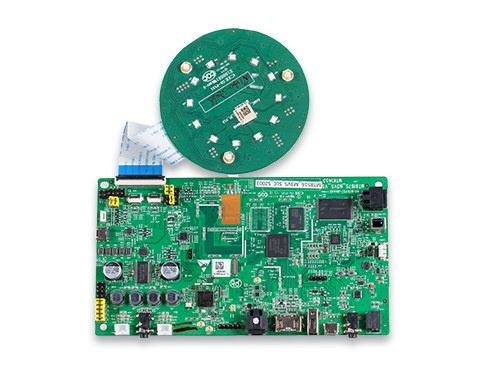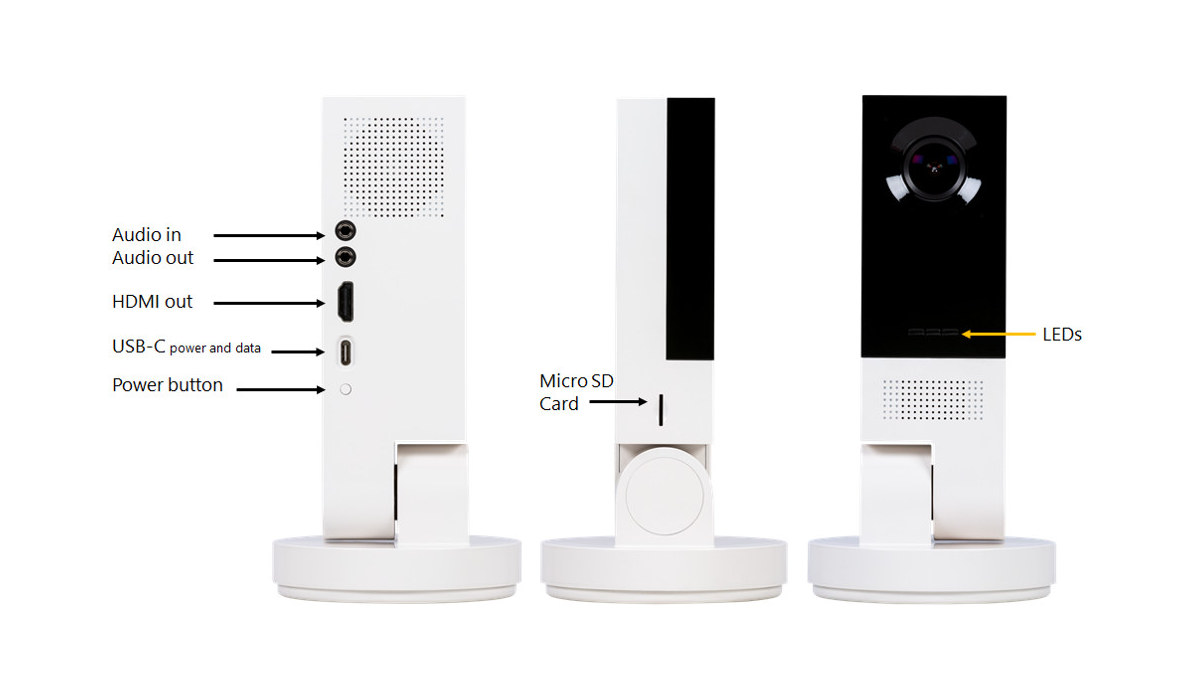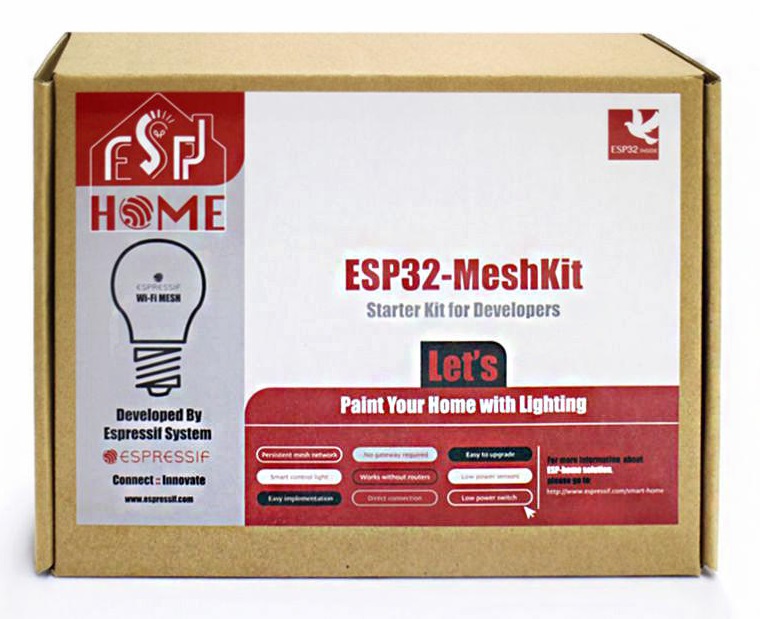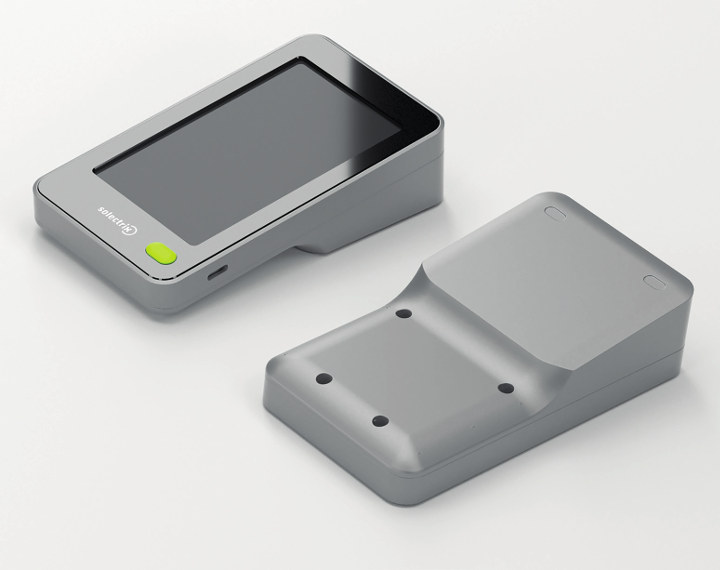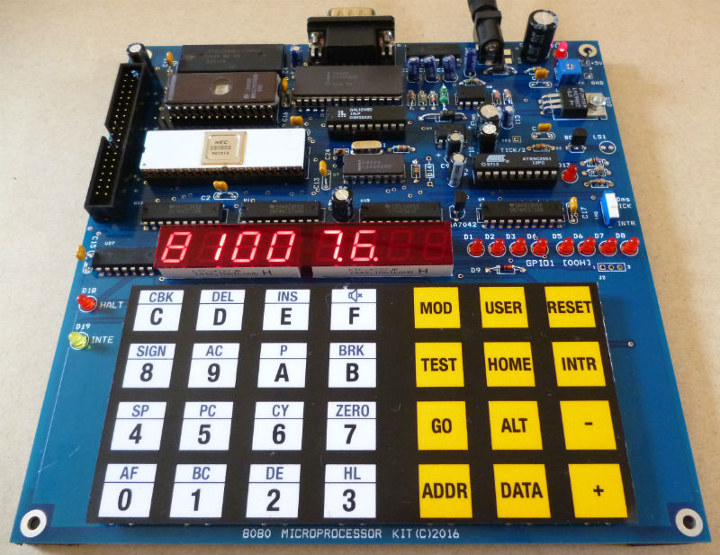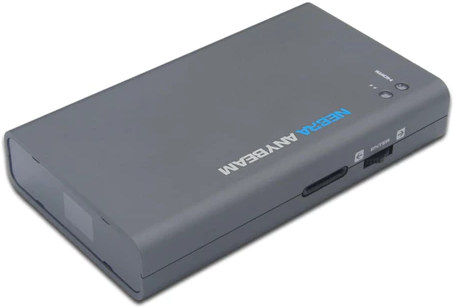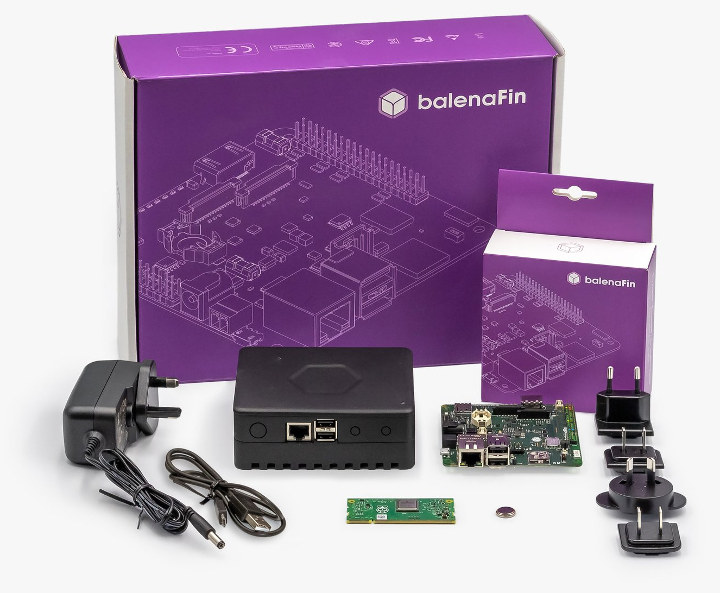MediaTek has just announced the MT8516 2-mic development kit for Alexa Voice Service (AVS) that aims to help developers build voice-assistant products faster, at reduced costs, and with advanced features such as multi-room music (MRM). The kit is based on MT8516 quad-core ARM Cortex-A35 application processor, which integrates audio front-end and post-processing technologies, as well as Wi-Fi and Bluetooth connectivity. MediaTek MT8516 2-mic development kit specifications: SoC – MediaTek MT8516 quad core Cortex-A35 processor @ 1.3 GHz System Memory I/F – LPDDR2, DDR3, LPDDR3, DDR3L Video Output – HDMI 1.4 with ARC Audio 2x DMIC Amazon Alexa support MediaTek PowerAQ Multi-Room Audio 2x 4-channel I2S S/PDIF TDM in/out up to 8 channels 2-channel PDM inputs 2-channel audio DAC and DAC Connectivity – Fast Ethernet, WiFi 4, Bluetooth 4.2 LE USB – 1x micro USB 2.0 OTG port MediaTek MT8516 supports the following technology components, although note that a license […]
Microsoft Unveils The Vision AI Developer Kit For AI on the Edge
The field of Artificial Intelligence is getting more exciting every single day, and the big corporations and startups are massively pouring for it. One thing I am undoubtedly sure about is that the future will certainly be remarkable. Microsoft, the biggest software company in the world with sales over $100 billion has been venturing in the domain of artificial intelligence for a while now with cloud computing platform Azure and other related cloud computing services, but instead of its usual cloud computing route for AI, Microsoft is banking on AI on the edge with the introduction of the Vision AI Developer Kit in joint partnership with the semiconductor giant Qualcomm. With millions of data collected at the Edge, the potential of artificial intelligence on the edge is promising. AI cases performed on the Edge will help in making critical decisions, and more data insight can even facilitate important business scenarios. […]
ESP32-MeshKit is a Development Kit for ESP32 Mesh Networking
The ESP8266 was a jewel in its peak, it ruled the maker’s world in the need for creating a low-cost WiFi module. Being Arduino compatible also furthered its glory then the ESP32 came in. ESP32 offered so much more than the ESP8266, and most importantly it was also affordable. With support for Bluetooth and WiFi, ESP32 was to open a new frontier for the development of Internet of Things applications. A major drawback of the affordable ESP32 was the lack of official support of mesh network for the chip, something that was easily possible with the ESP8266. Mesh network allows you to build a network of nodes that can communicate with each other, self heal, and many more possibilities. But thankfully, back in 2018, Espressif Systems released the ESP Mesh Development Framework (ESP-MDF) which sits on top of the IoT Development Framework (ESP-IDF), the official development framework for the chip. […]
GigaDevice Releases GD32V RISC-V MCU and Development Boards
A few years ago, we came across GigaDevice GD32 microcontroller compatible with STMicro STM32F103, but with a higher 108 MHz clock, and zero wait state internal flash. The MCU was also a drop-in replacement for the STMicro alternative since beside being software compatible, it was also pin-to-pin compatible. The company is now back with a new microcontroller, but it’s not Arm-based. Instead, GigaDevice GD32V is based on RISC-V open source architecture. GD32V General Purpose RISC-V MCU GigaDevice GD32V is a 32-bit RISC-V general-purpose MCU that targets industrial and consumer applications such as IoT, edge computing, artificial intelligence and “vertical industries”. The new GD32VF103 series RISC-V MCU family features 14 models with the following key specifications: Core – GD32VF103 32-bit rv32imac RISC-V “Bumblebee Core” @ 108 MHz Memory – 8KB to 32KB SRAM Storage – 16KB to 128KB flash Peripherals – USB OTG and CAN 2.0B I/O – 3.3V, 5V tolerant […]
Solectrix SX Mobile Device Kit Runs Linux or Android on NXP i.MX8M Mini Processor
In the last two years or so, we’ve seen the development of Linux phones that are expected to launch in the next few months with products such as PinePhone, Purism Librem 5, or even Necunos NC_1. Solectrix SX Mobile Device Kit also targets Arm-based mobile devices, but it is somewhat different, as the i.MX8M Mini development kit aims to help with the design of Android or Linux mobile devices with software, hardware and housing available, but more geared towards specific business use cases, as it comes with optional Gigabit Ethernet and USB-to-UART ports, and no cellular connectivity. Solectrix SX Mobile Device Kit (MDK) specifications: SoC – NXP i.MX8M Mini single to quad-core Cortex-A53 processor clocked at up to 2.0GHz, Arm Cortex-M4F @ 400MHz, and 2D / 3D GPU (OpenGL ES 2.0) System Memory – 2GB LPDDR4 Storage – 8GB eMMC Flash, microSD card slot Display – 4-lane MIPI DSI; capacitive […]
Fullfill your Nostalgia with Development Kits based on Intel 8080, Motorola 6802, Z80… Processors
Intel 8080 processor was released in April 1974, Motorola 6802 in 1976, and people in their late 40’s, 50’s or older may have experimented with those more than 40 years. People may still have those at home, but surely it’s not possible to purchase those in 2019 if suddenly you’ve got that nostalgia feeling getting at you, right? Apparently, it is, as Wichit Sirichote, an associated professor at the Department of Applied Physics in King Mongkut’s Institute of Technology, in Bangkok, Thailand has designed a few development kits based on those older processors. Let’s take the 8080 devkit as an example to check out the features of such kits: CPU – NEC 8080 CPU clocked at 2.048MHz Memory & Storage – 32KB RAM, 32KB EPROM Memory and I/O decoder chip – GAL16V8D PLD Oscillator – 8224 chip with Xtal frequency of 18.432MHz Bus controller – 8228 chip with RST 7 […]
Makers Friendly Nebra AnyBeam Laser Projector Fits into your Pocket (Crowdfunding)
Nebra Anybeam is a laser pico projector small enough to fit into your pocket. The fanless projector can be powered by a power bank or from the USB port of a computer, and you can play content from your smartphone, laptop or tablet. Beside a consumer devices, the company – Pi Supply – also offers options for makers and tinkerers with a development kit, as well as Raspberry Pi HAT to add the laser projector on top of the popular SBC, as well as a round model powered by Raspberry Pi W Zero board. Nebra Anybeam Projector Nebra AnyBeam key features specifications: Projector Resolution – 720p @ 60 fps Contrast – 80,000:1 Aspect Ratio – 16:9 Brightness – 30 ANSI equivalent to 150 ANSI lumens in a standard DLP projector Video Input – HDMI 1.4 female port Audio – 3.5mm audio jack, 1W speaker Misc – 1/4-20 UNC tripod mount, […]
balenaFin Raspberry Pi CM3+/Lite Developer Kit Launched for $179 and Up
Balena.io – previously known as resin.io – first unveiled Resin.io Project Fin in March 2018. The carrier board for Raspberry Pi CM3L was designed with the aim of easing the management of fleets of connected devices thanks to ResinOS operating systems and the ability to deploy apps packaged in containers through their balenaCloud service. The project had been renamed to balenaFin a little while ago, and the company has now announced availability of balenaFin 1.1 developer kit with various improvements including support for PoE, dual camera, and Raspberry Pi CM3+/Lite module. balenaFin v1.1 carrier board specifications with improvements highlighted in bold: Supported SoM Raspberry Pi Compute Module 3 Lite with Broadcom BCM2837 quad-core ARM Cortex A53 processor at 1.2GHz, 1GB RAM Raspberry Pi Compute Module 3+/Lite with Broadcom BCM2837B0 quad-core ARM Cortex A53 processor at 1.2GHz, 1GB RAM Storage – 8, 16, 32, or 64 GB industrial grade eMMC 5.1 […]


